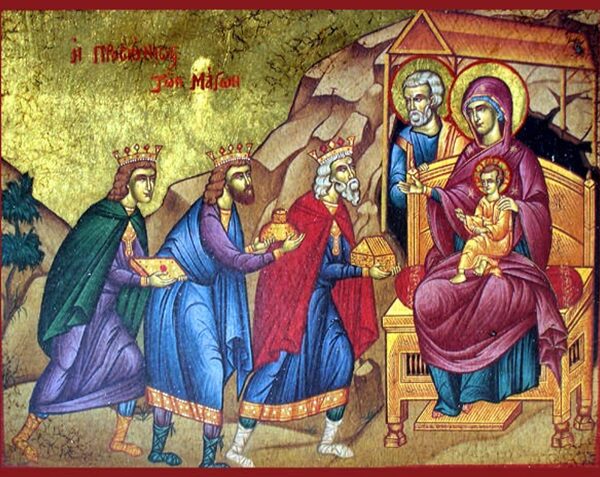The Birth of Christ: Historical and Theological Facts and how they have sometimes been Distorted (4)
4 January 2021The theological significance of the Nativity
Apart from being a historical event, the Birth of Christ is the ‘great mystery of godliness’ (I Tim. 3, 16). What exactly is this mystery? The fact that ‘God appeared in the flesh’ (I Tim. 3, 16), that He became a human person. ‘The mystery hidden for long ages past, but now revealed’ (16, 25). Essentially, this is the mystery of our salvation, which is performed and wrought by the Son of God Himself, Who became human precisely to save the whole of our race from ‘servitude to the enemy’. Through His coming into the world, the Son of God unites with us and saves us: on the one hand, human nature is united to the divine in the person of Christ; on the other, each of us is united to Christ by partaking of His Body and Blood. According to the clear teaching of the Fathers of the Church, ‘whatever is united to Christ is saved’ and ‘apart from Christ there is no salvation’.

How then can we not rejoice and celebrate Christ’s coming into the world? How can we be indifferent to this great event, on which our salvation is based? Only those who have no inkling or sense of the mystery of salvation, ‘hidden for long ages past’ can adopt such an attitude. If the heavenly angels can celebrate and sing hymns because of our salvation, because of the ‘peace’ and ‘goodwill’ that came into the world (‘peace and goodwill among those on earth’, Luke 2, 14) what should we do? This is why the Orthodox Church celebrates the Birth of Christ as an event similar to the Resurrection. This is why its hymns are a cry of joy over the salvation which came into the world. This is why it sings with the angels: ‘Christ is born, glorify Him; Christ comes from heaven, meet Him; Christ is on earth, be exalted’.






